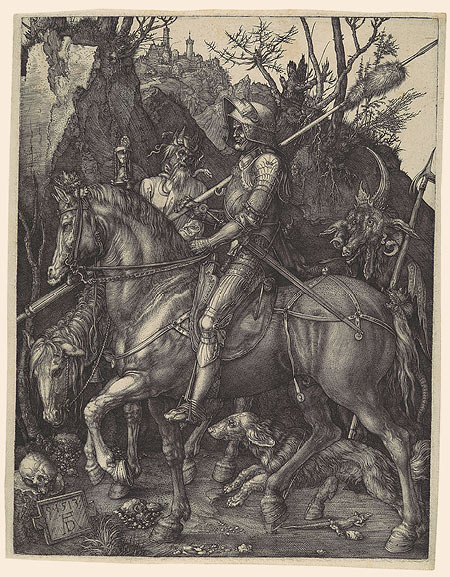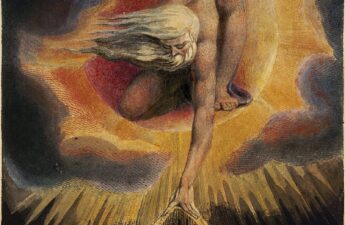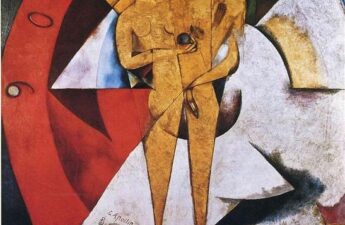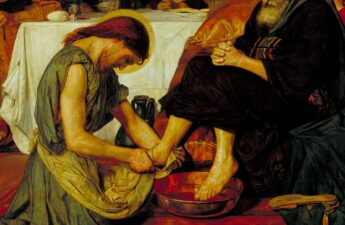“Put from you the belief that ‘I have been wronged’, and with it will go the feeling. Reject your sense of injury, and the injury itself disappears.”
Marcus Aurelius, 161-180 AD, pg. 31
As humans we have the capacity to hurt and as a result, to be hurt by others.
If we’re not careful, this hurt burrows into our soul and takes residence. Like a weed, it spreads throughout our being, crawling over our perspective and inching its roots into our behaviour. Because of its assault on our perspective, it does not just affect how we treat the culprit, but instead, spans across our relations, influencing how we see and act towards others. We can also feel hurt by life, fate, circumstance; feel as though we have been unduly afflicted by hardship. This in the same way, seeps into our blood stream, affecting our perception, thoughts and actions.
It can be difficult to contend with hurt because we’re not always exactly sure where its come from.
It can be a difficult thing to deconstruct, especially when we have been hurt directly by another person. There are so many possibilities as to why we’re hurt; it becomes a tangled web we must delicately try to unravel. Is it our own misconceptions, insecurities, assumptions; believing them to be the actual thoughts or intentions of another? To be hurt, one person must act and the other must receive that action in a negative way. Things can get lost in translation. Or, is it genuine malice, and if so, how can we cope with ill will? It is often complicated, with many moving parts; but either way, whatever its foundations, we still must manage the hurt.
Plants need water to sprout, grow and blossom, fire needs fuel to spark, burn and smoulder; in this same interdependent way, hurt needs a place to reside and attention to grow.
The longer we dwell on it, the more we allow it to become part of us, the stronger and more destructive it grows. This isn’t to say hurt shouldn’t be thought over and unravelled in the way previously mentioned. But doing that and allowing it to fester within us are very different things. When given enough encouragement, the hurt can become a part of our identity. We become ‘the hurt one’, irrevocably damaged by malevolence or tragedy.
Feel the hurt, look at it, try to unravel it and identify where it has come from. If its within us, we must try and reach down to its very roots and remove it. If its outside of us, we must strive not to embrace it, not to let it in. In the end, we must not let it become us.
We must not let it make a home within us, where it feeds off our happiness and potential for growth. It has endless potential for consumption, and if we don’t recognise it and stop it from latching on, its influence will spread. Hurt changes us all, but in what ways and to what extent is determined by how we meet it, speak with it and say goodbye to it.
Marcus Aurelius, 161-180 AD, Meditations, Translated by Maxwell Staniforth, Penguin Books, 2004




